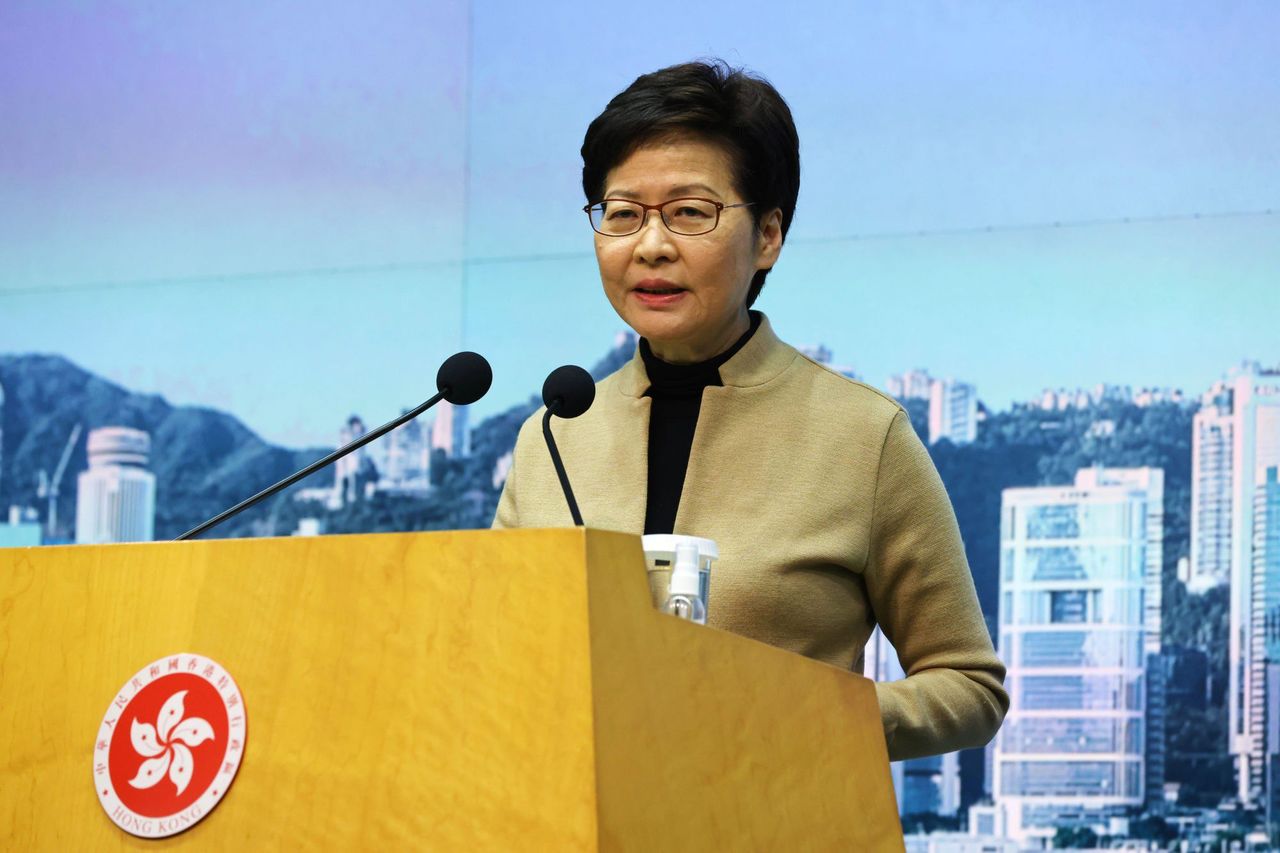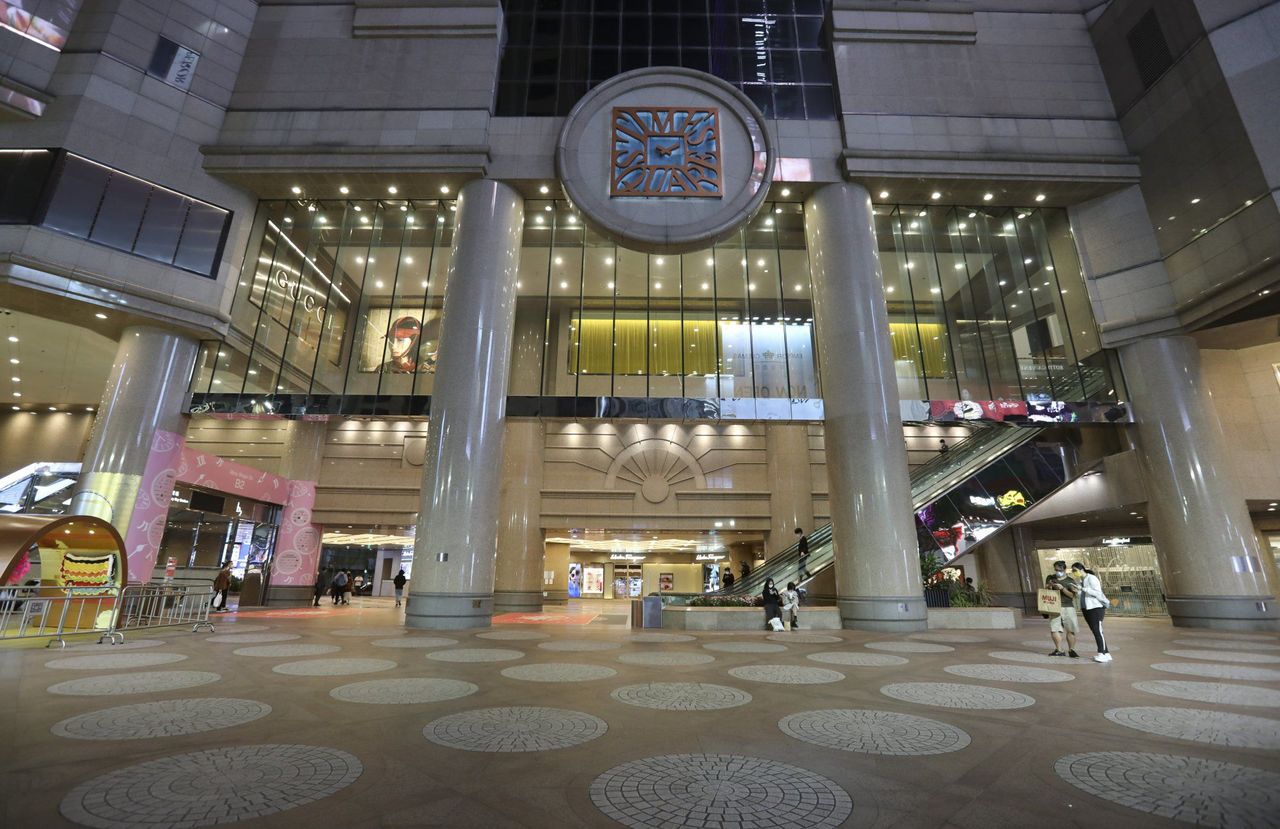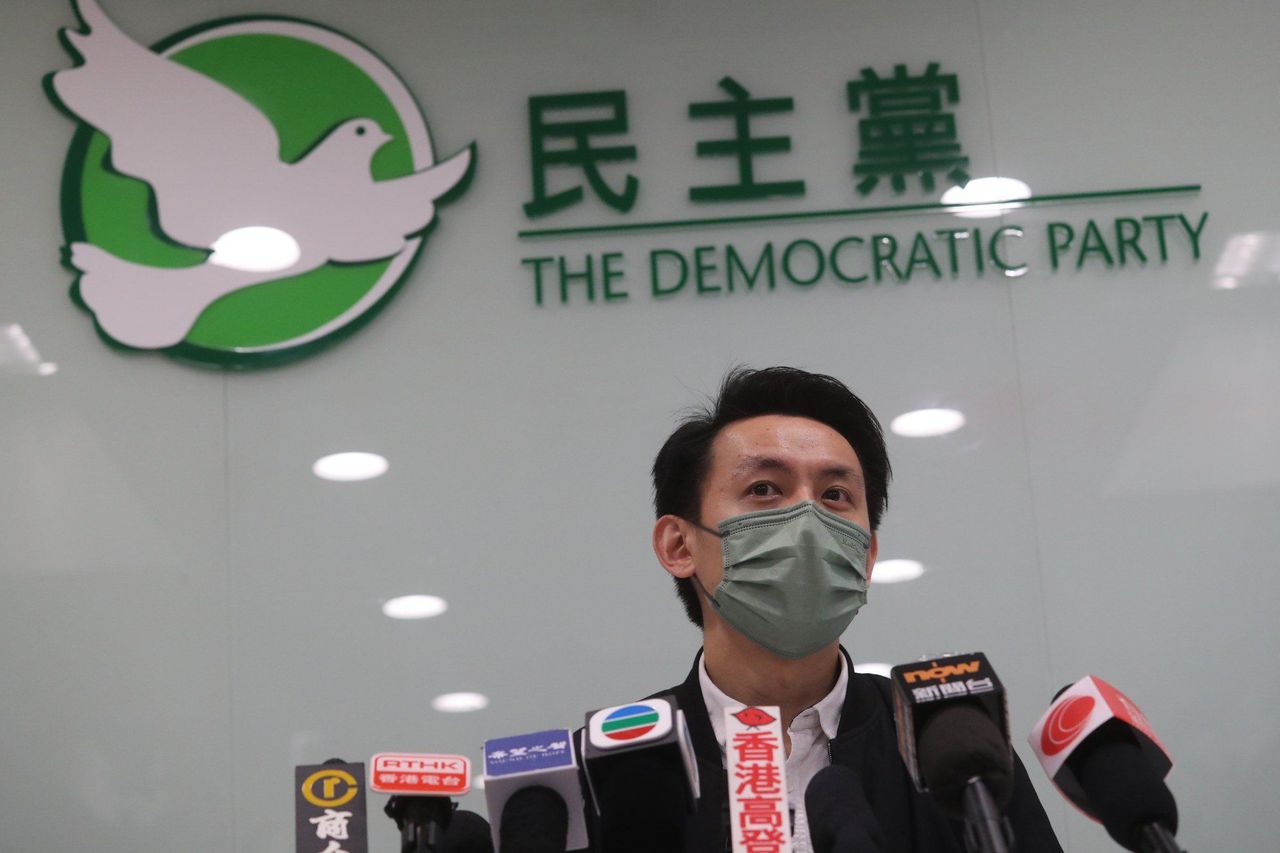Hong Kong News

Mall operators seek answers on vaccine pass scheme for unjabbed Hongkongers
Hong Kong’s developers and operators of major shopping centres have been left baffled by how the government’s new vaccine pass scheme can be enforced without denying access to unjabbed residents passing through such premises on their way to work or home.
Critics also said the new measures were “taking aim at the wrong target” and could make people’s lives more difficult while having nothing to do with stopping the transmission of the coronavirus, while grass-roots groups also feared single elderly residents who were not vaccinated could be shut out from markets.
Chief Executive Carrie Lam Cheng Yuet-ngor said on Tuesday a vaccine pass scheme would be launched on February 24. The system, which requires visitors at various venues to show proof of inoculation, will cover malls, department stores, supermarkets, wet markets and eateries.
Cross-family gatherings involving more than two households will also be banned from Thursday.
 Chief Executive Carrie Lam.
Chief Executive Carrie Lam.
Exemptions will be available in certain instances such as entering a shopping centre just to buy takeaway or retrieve belongings, to get tested or vaccinated, to attend government, legal or medical appointments, or to return home or get to work. But mall workers will not be exempted.
Earlier, the government had announced plans to ban unvaccinated people from entering premises including restaurants, gyms and cinemas, under the vaccine pass.
“[The government] is doing all these sorts of things because this is about life,” Lam said on Tuesday. “Public health prevails over, very often, individual freedoms. But the rules will not be such that any individual in Hong Kong simply could not live.”
The vaccine pass scheme may prove to be a headache for operators of shopping centres, some of which serve as the only exits or passageways to housing estates, bus stops and rail stations.
Examples include the Waterfront residential blocks in Tsim Sha Tsui above the Elements shopping mall; Telford Gardens in Kowloon Bay via Telford Plaza, and Tai Wo and Ma On Shan MTR stations with both exits leading to their shopping centres.
Many mall operators said they would seek further discussions with the government about the implementation details and whether there could be ways to allow unvaccinated residents to pass through on their way to work or home.
Rail giant MTR Corporation said it hoped to find ways to balance the needs of residents, mall users and other stakeholders while following the rules of the new scheme.
An MTR source said government officials had indicated there would be flexibility in the execution. “Besides, depending on space at the malls, there could be dividers to allow people to walk past for going out and coming home,” the insider said.
Sun Hung Kai Properties also said it would seek further clarification from the government.
 Mall operators say they will seek clarification from the government on the implementation of the vaccine pass scheme.
Mall operators say they will seek clarification from the government on the implementation of the vaccine pass scheme.
Link Reit, Asia’s largest real estate investment trust running 75 malls in Hong Kong, said it planned to hire an additional 1,000 security guards to conduct checks of residents’ vaccination records at every entrance of its shopping centres.
“There are many entrances at the Link malls, including 24-hour passageways or the essential pathways leading to residential buildings, bus or MTR stations,” its spokesman said. “We hope to seek clarification from the authorities about how we should handle these entrances.”
The spokesman added that some exits could be closed if there were not enough staff to enforce the scheme.
“We are still exploring how to enforce it, for sure we need more manpower to check,” a senior executive of another major developer said.
Meanwhile, deputy director of the Society for Community Organisation Sze Lai-shan said needy elderly living alone would be among the hardest hit by the vaccine pass scheme.
“Some of them have been reluctant to get vaccinated because they fear the possible side effects,” said Sze, whose group serves low-income families. “Their concern is real because some of them said their friends fell sick after taking the vaccine.”
“Now the government says they cannot go to markets if they do not take vaccines, it will only make them more stressed and worried. Do the officials expect these needy elderly to order Foodpanda? We hope the government could give this group of people exemption,” she added.
 An elderly resident is shown how to use the “Leave Home Safe” app to enter the market in North Point.
An elderly resident is shown how to use the “Leave Home Safe” app to enter the market in North Point.
Polytechnic University political scientist Chan Wai-keung said the tightened measures could risk shifting the public attention from combating Covid-19 to getting vaccinated.
“I am not suggesting that it is wrong to take vaccines. But the government should not misplace its focus. It should put more resources on doing tests to screen out Covid-19 patients and stop the transmission. We often see long queues at test stations and this could increase the risk of infection,” Chan said.
“The vaccine pass can definitely help push up the vaccination rate. But the pass only shows that you have taken the vaccines, it is no guarantee that you will not be infected,” Chan added.
“If Hong Kong cannot achieve dynamic zero-Covid, there is little chance mainland China would agree to reopen the border.”
He also cast doubt on whether the government could enforce the cross-family gathering ban.
 Democratic Party chairman Lo Kin-hei.
Democratic Party chairman Lo Kin-hei.
Democratic Party chairman Lo Kin-hei shared similar views and said: “The cross-family gatherings ban only makes people’s lives more difficult. I am beginning to suspect if our officials or executive councillors are living in another world.”
Legislator Tang Fei also questioned the effectiveness of the new measures and renewed calls for universal testing.
Thomas Chan Chung-ching, permanent secretary for food and health, said law enforcers would not head to homes for checks. But once a person was infected, and contact tracing indicated the case involved a family gathering in breach of the law, there would be legal consequences.
Officers would conduct random checks at places with a large number of customers, such as supermarkets, shopping centres or wet markets, he added.











